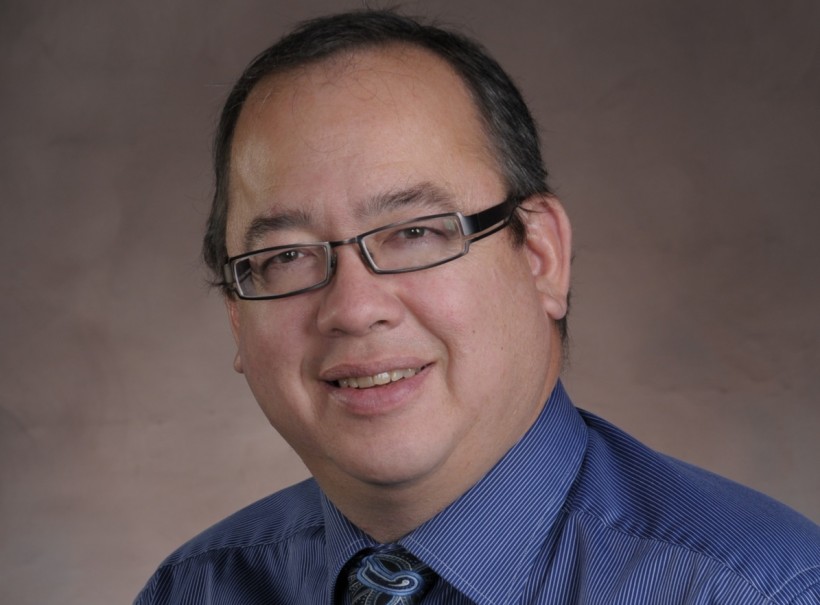Fredericton-based PLATO Testing has received a $500,000 investment from Raven Indigenous Capital Partners, which it will use to train and hire more Indigenous people to test software.
PLATO was founded five years ago by Fredericton’s PQA Testing with a mission of developing a team of First Nations software testers. The company has been owned by PQA, whose core business is software-testing, and half by its Indigenous employees.
Now it has brought on Raven Indigenous Capital as an investor, the first time the company has ever raised outside capital. Raven, which has offices in Vancouver and Ottawa, offers capital and advice to Indigenous-led businesses to help them grow.
“Since inception, PLATO has demonstrated a singular commitment to lifting up Indigenous Peoples by providing low barrier pathways to skills development and careers in the technology sector,” said Raven Managing Partner Jeff Cyr in a statement. “Raven is excited to support the next phase of PLATO’s growth and development as it scales across Canada.”
Software testing is a huge business worldwide, worth $6 billion to $7 billion annually, that provides quality assurance to the makers of software. Any software must be tested over and over again, in all conditions and on a range of platforms, to make sure there are no glitches. This is especially true of enterprise software produced by large companies like banks, retailers and large software companies.
Led by PQA Founder and CEO Keith McIntosh, PLATO plans to train and employ Indigenous people across the country to test software, eventually creating a network of 1000 First Nations, Métis, and Inuit software testers. The company currently employs 51 Indigenous software testers, including those currently going through the training program.
PLATO plans to use the funding from Raven to accelerate the training and employment of more people, and move into new parts of Canada, to boost the Indigenous economy and create more jobs.
Since launching in 2015, PLATO has held 15 training programs and trained more than 175 Indigenous students in software testing, creating an impact in more than 50 communities and injecting almost $8 million into the Indigenous economy.
Following successful completion of the program, students are guaranteed full-time jobs with PLATO Testing.
Students receive five months of in-class training on the fundamentals of software testing, then undertake a three-month internship with one of Canada’s leading corporations. These corporate partners include such companies as Suncor and FortisBC.
The company said energy companies, with their commitment to Indigenous reconciliation, make up a good portion of PLATO’s client base, though there are also customers in finance and insurance, lottery and gaming, the public sector, and digital technology. Most of the customers are in Canada, and there are some in the U.S. and Europe, and its sales have increased 56 percent in the past two years.
The training programs have continued through the pandemic. In November, the first ever hybrid in-person/virtual class began in Sault Ste. Marie and Regina.
“While PLATO was developed in response to the 92nd Truth and Reconciliation Commission Call to Action on jobs and training, it’s always been about more than that,” said McIntosh. “Representation matters, and we have seen time and time again that when you provide the next generation with leaders in their own communities who have gone into a new industry and excelled, they are inspired to go even further.”
Last year, McIntosh was awarded the Canadian Council for Aboriginal Business Award for Excellence in Aboriginal Relations, joining the likes of former Prime Minister Paul Martin and Senator Murray.
“Keith’s commitment to growing Indigenous participation in tech continues to have a profound impact on not only the people he employs and their families and communities, but on long-held mainstream beliefs about who Indigenous people are and where we belong,” said Tabatha Bull, President and CEO of the Canadian Council for Aboriginal Business. “He is dismantling some of the harmful narratives that have kept Indigenous people from taking their rightful place in the Canadian economy.”










